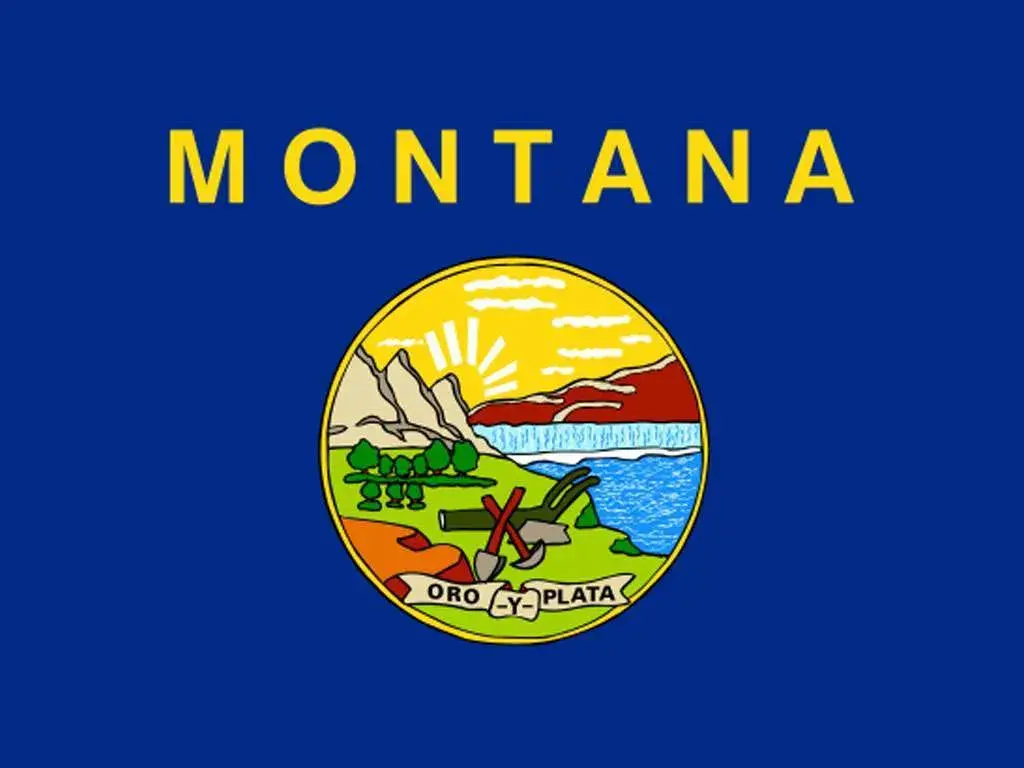Breaks only go so far when wind-whipped flames carry embers over miles. You have to maintain the entire forest.
Oregon, where I’m from, has been going all in on fuels reduction the past couple years. Lots and lots of control burns and road right-of-way clearing. Seems to already be having an effect based on this year’s calmer fire season, but it’s going to take decades to catch up to the past 100+ years of complete fire suppression causing fuels buildup.Native Americans were managing old-growth forests with regular fire application for centuries before we ever got here, using it to control underbrush and keep good foraging/grazing ground open for the deer and creatures they relied on. I’d say they probably knew what they were doing.
Yep, but breaks are better than nothing, and they add accessibility to the fire as well. I’m certainly not suggesting we don’t use prescribed burns as a useful too.
My father was a hotshot crew chief for 18 years in 6 western states. He once saw a fire cyclone throw fire from one gulch to another 5 miles away in high winds. His last wildfire was the ‘let it burn’ Yellowstone fires of 2000, after which he was just too worn out and smoked out to do it anymore. Most of his crew were members of Blackfeet tribe while in Montana, and mostly Navajo in Arizona.
Personally, I watched the Bob Marshall Wilderness (The Bob is the 5th largest wilderness in the lower 48 states) nearly burn up completely because they couldn’t get crews too it. Luckily, it didn’t affect too many people, in terms of property damage or lives lost, but what about the trillions of tons of carbon it released?
Oh no, I didn’t mean that we shouldn’t use breaks at all. They’re better than nothing. Just saying that roads and breaks will provide very very minimal improvement on their own without holistic fuels reduction and forest health improvement.
Finally some logic. It only took all of human history to figure it out: fuel + air + spark = fire. All you have to do is remove one.
You can’t remove air, at least not without a majority of the atmosphere blowing off into space. You can limit the spark, but you can’t eliminate things like lightning. So that leaves fuel.
By creating breaks in the fuel system, aka, roads, they will slow the fire, and gives hand crews the ability to get to the fires quicker. Using PFAS laden foam bombers is environmentally dangerous, expensive, and concentrates our fire preparedness budgets into the hands of a few. The latter actually being the most dangerous.



